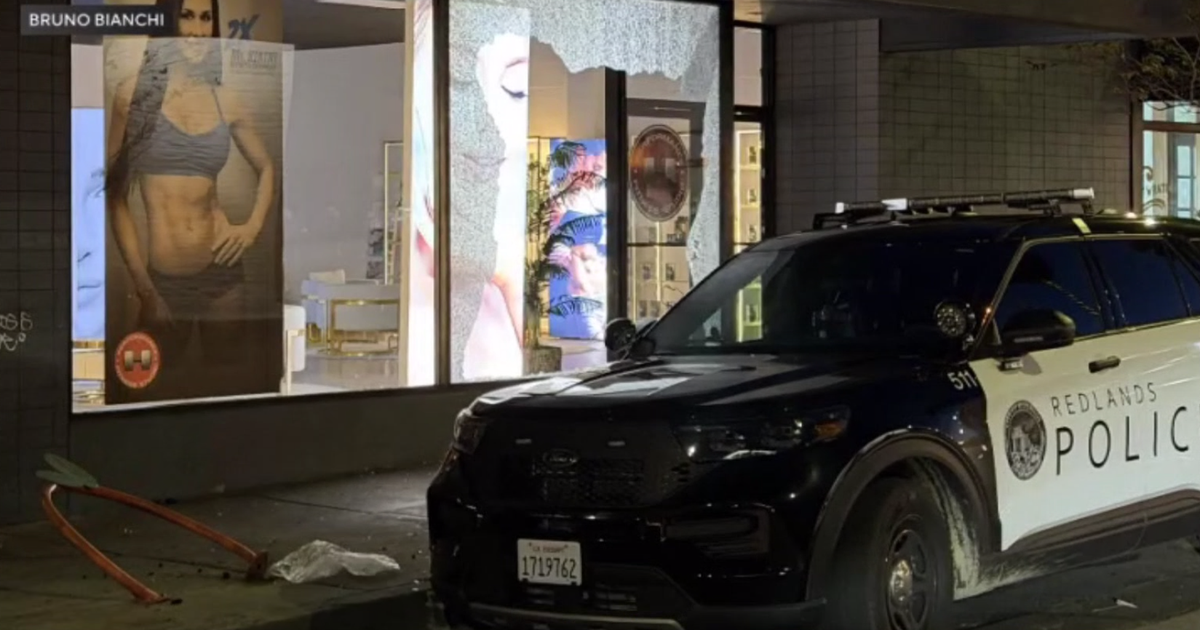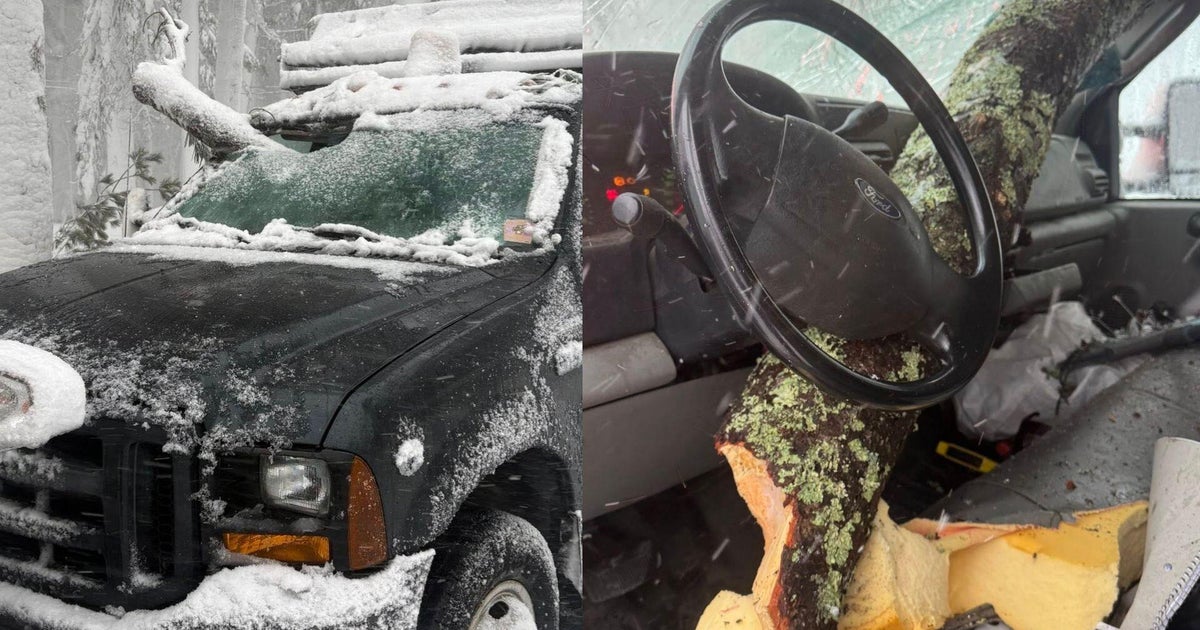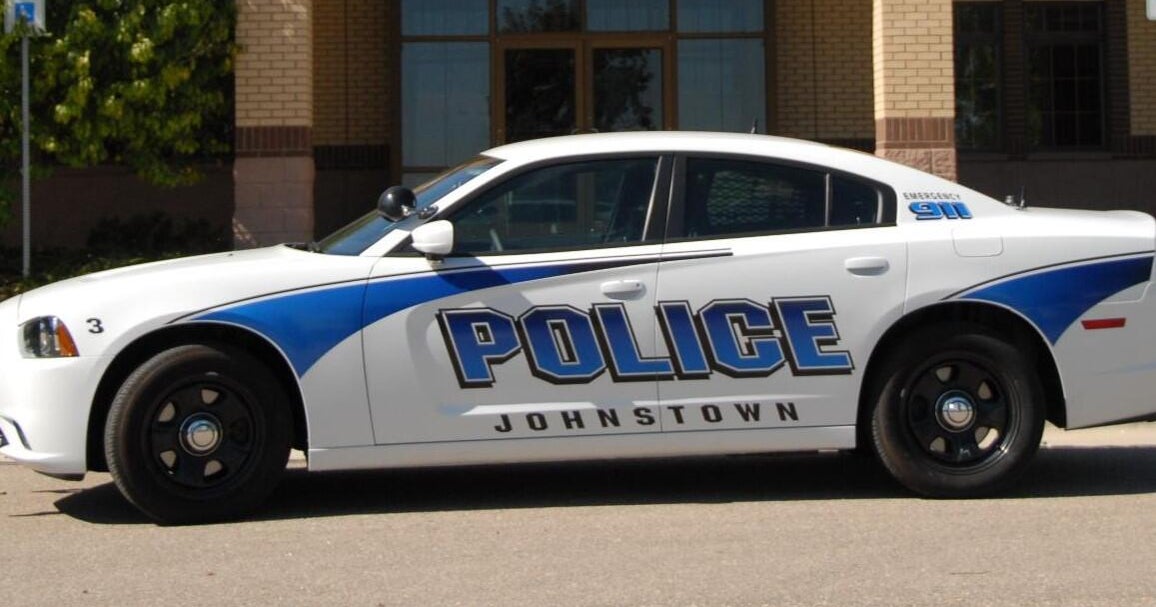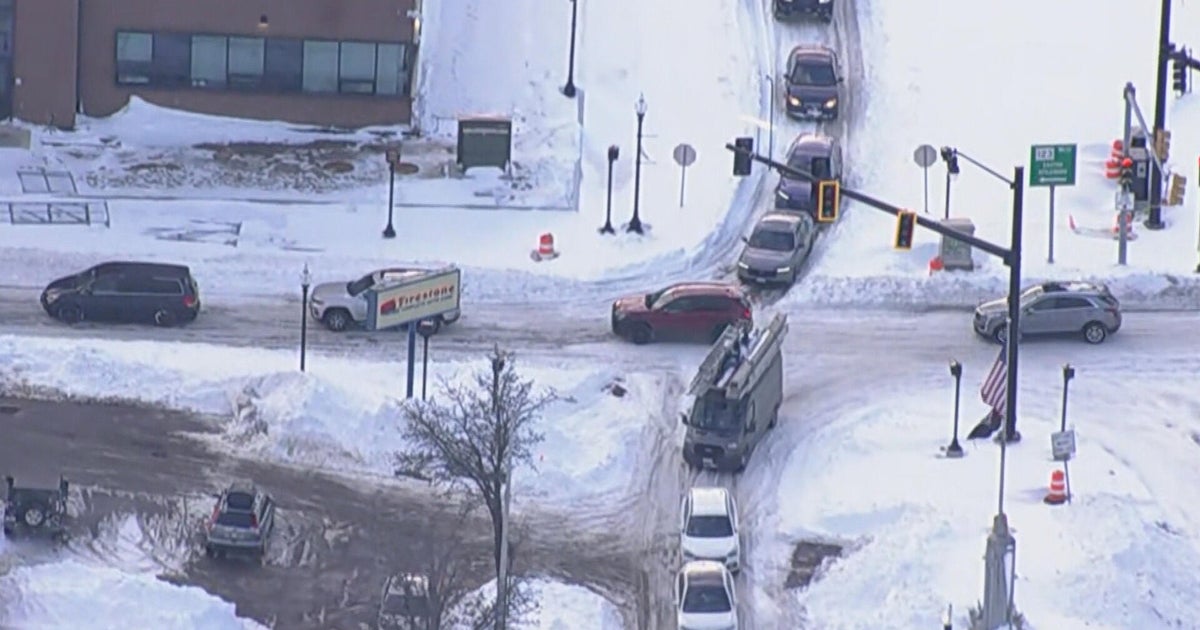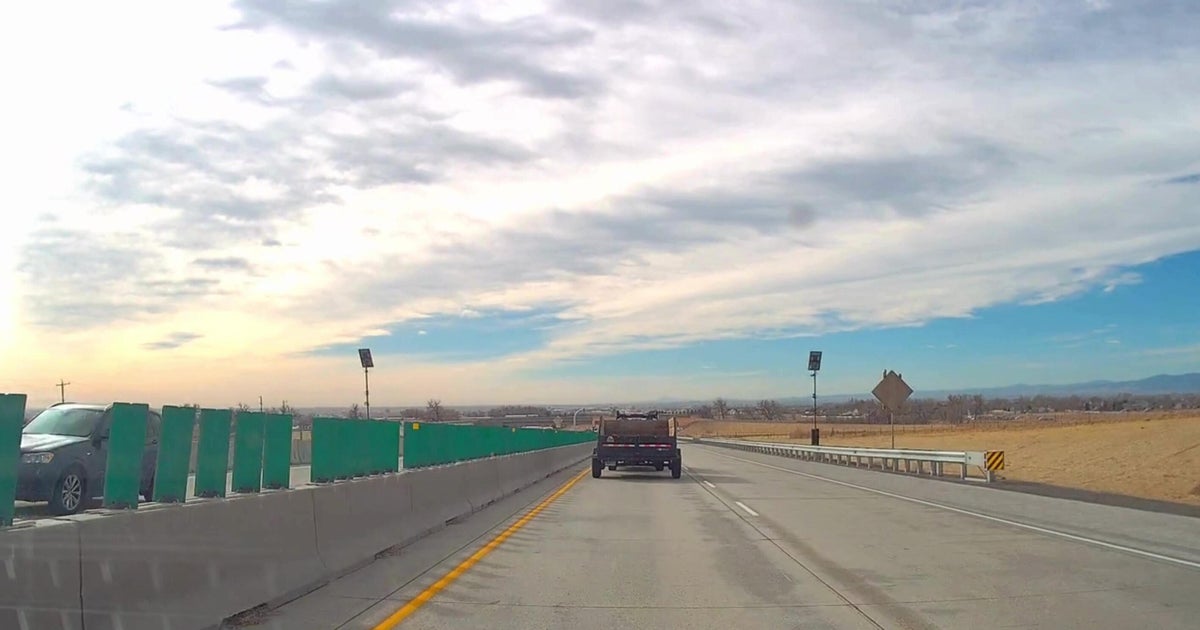AAA: Nearly 80% Of Drivers Express Anger, Aggression or Road Rage
BALTIMORE (WJZ) -- Road rage is raging. A new survey out today finds a vast majority of drivers have, at one time or another, lost it behind the wheel.
Those outbursts can lead to deadly consequences, WJZ's Alex DeMetrick reports.
In Maryland, the study points out that between 2009 and 2013, an average of 51 fatalities and 336 serious injuries have occurred each year in traffic crashes involving an aggressive driver, representing 10 percent of all vehicle fatalities and nine percent of all injuries, according to the Maryland Department of Transportation.
So, who among us is creating these risks?
According to the AAA Mid-Atlantic survey, it's most of us. If all drivers are considered, not just those surveyed, AAA estimates tailgating is done by 104 million drivers. Honking in anger? About 91 million. Apparently 49 million of us have deliberately blocked other cars, and 24 million have cut off other cars.
About 8 million U.S. drivers have engaged in extreme examples of road rage, including purposefully ramming another vehicle or getting out of the car to confront another driver.
The study also says younger male drivers ages 19 to 39 were significantly more likely to engage in aggressive behaviors, and approximately 83 percent of aggressive drivers killed in Maryland are male and between the ages of 21 and 34.
Maryland State Police have advice for what to do if you ever encounter one of these angry motorists.
"Observing an aggressive driver, don't make eye contact with the person," says Cpl. DaVaughn Parker of the Maryland State Police. "Stay calm. Please don't hesitate to dial #77. That will connect you to one of the local barracks."
Before it can escalate to something severe, police advise drivers to reduce stress levels by leaving early and not racing to a destination.
"Just build in more time," said Christine Delise of AAA Mid-Atlantic.
And, if you can, avoid rush hour. The largest proportion of aggressive driver-related crashes occur during the afternoon rush in Maryland between 3 p.m. and 6 p.m. Fatal crashes, however, are more common on weekends.
AAA offers these additional tips to help prevent road rage and road rage accidents:
• Don't Offend: You can protect yourself by avoiding behaviors that can enrage other drivers. Examples include cutting off other drivers, driving slowly in the passing lane, tailgating, not using turn signals, honking horn excessively, and gesturing – whether obscene or not.
• Do Not Respond: Refuse to be angry at an aggressive driver. Avoid eye contact, don't make gestures, and maintain space around your vehicle. If you feel threatened, contact 9-1-1. Drive to a crowded public place such as a shopping center, hospital or police station.
• Adjust Your Attitude – By changing your approach to driving, you can make every trip more pleasant:
o For too many motorists, driving becomes a contest trying to get to their destination in the shortest possible time, so forget the need to "win the race."
o Allow yourself more time for your trip so you don't feel rushed.
o Practice relaxation tips such as deep breathing, or listen to soothing music or a book on tape. Also, don't drive when extremely angry or overtired.
o If you think you have a problem, seek help; the techniques used in anger management courses can also help angry drivers.
• Alter Schedule to Avoid Traffic – If possible, adjust your work schedule so you are not driving during peak commute hours. If this is not possible, then at least avoid driving during high traffic times on your days off.
• Be Tolerant and Forgiving: The other driver may just be having a really bad day. Assume that it's not personal.
Follow @CBSBaltimore on Twitter and like WJZ-TV | CBS Baltimore on Facebook

